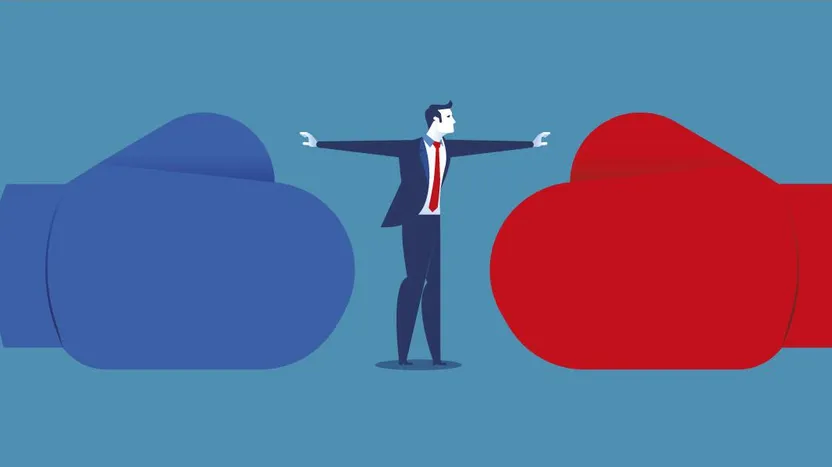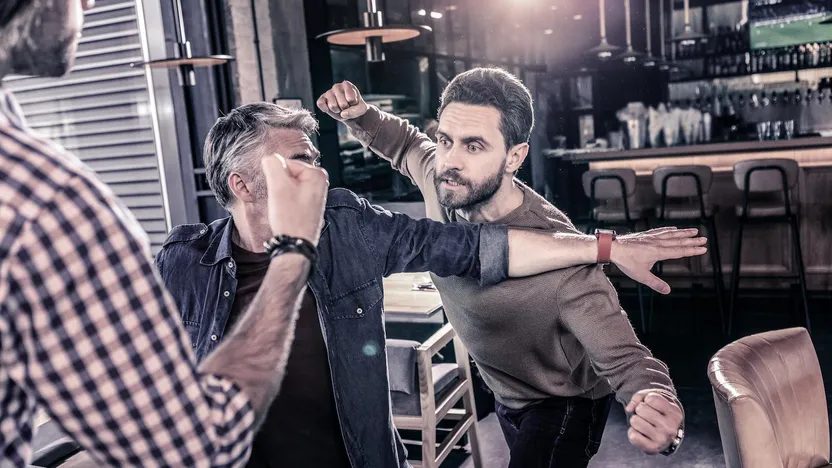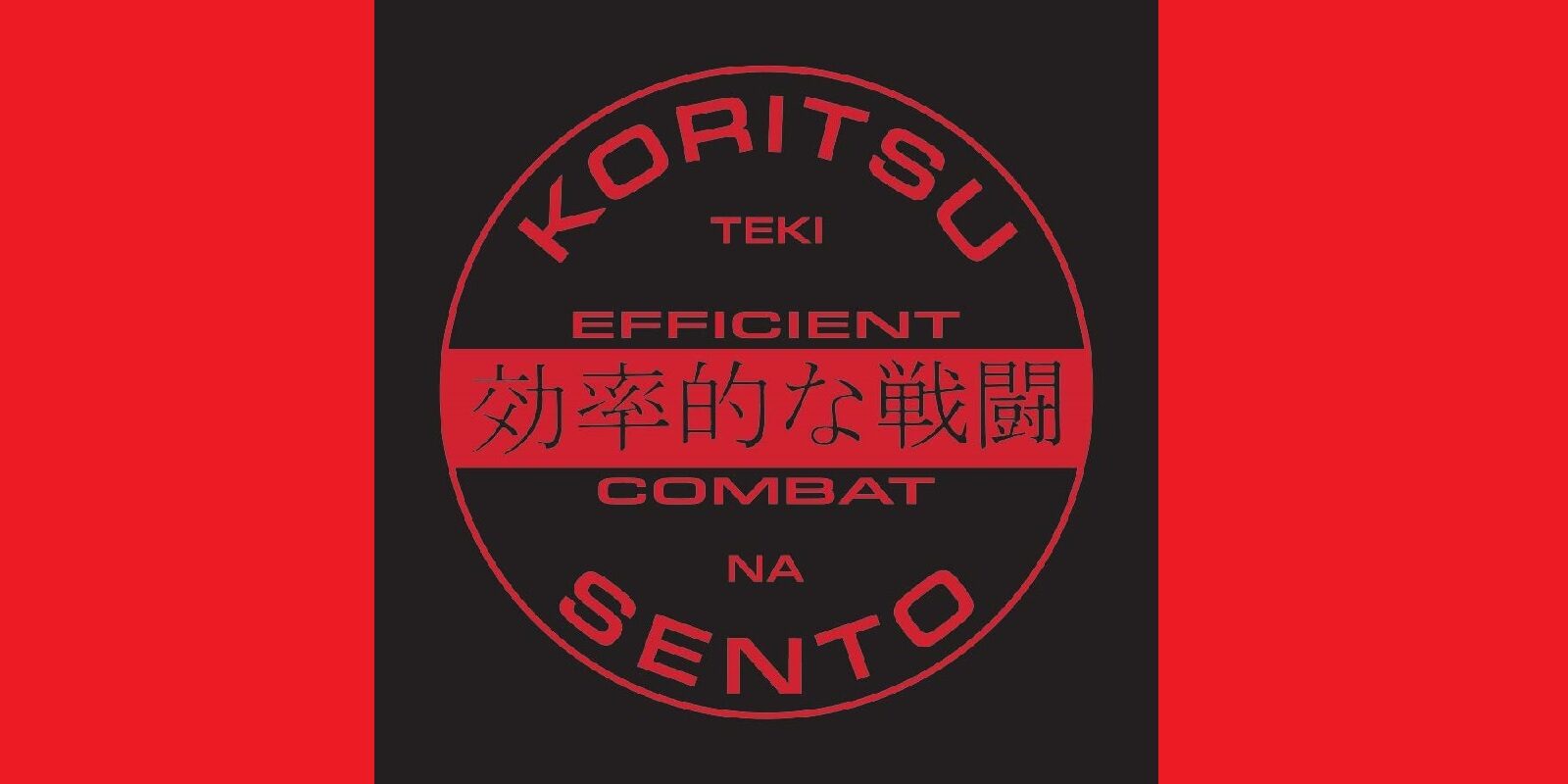July 08 | 2021

Time for a pop quiz in philosophy!
Have you ever questioned why–in systems that teach us wounding, arresting, and potentially even killing techniques–we often place a focus on philosophical ideas such as understanding the self and exorcising our ego?
I mean, has navel gazing ever actually stopped an angry drunkard’s fist from claiming your face as its new residence?
No.
But believe it or not…introspection and deep thought does help martial artists in many other ways, some of which actually can influence the fight.
Let’s delve into why so many black belts are married to philosophical study and find out what mental switch we can make to begin truly progressing in our training!
Recognized Wisdom
From Ninjutsu to American Karate, most martial art systems and schools have a student creed they recite at the beginning and/or end of class. In fact, the idea of a code of ethics and guiding morality is so intertwined with the martial arts, adults and children alike typically expect character improvement to be a natural part of training when they begin their martial art journey.
Nowadays, we all want to learn how to think and live like Mr. Miyagi.
There are many reasons for this interplay of philosophy and martial arts training. Some of this has to do with the elusive nature of self-perfection and how naturally it aligns with the constant struggle to perfect physical tactics.
Of course, some of this also has to do with how the study of warfare and combat has weaved through times of peace and prosperity. There are historical reasons for why many Japanese arts shifted away from the suffix “-jutsu”, a reference to methods and technique, to the more philosophical suffix of “-do”, referencing Taoism and alignment with a spiritually correct path.
In traditional martial arts framed with hierarchy, it is helpful to have a moral compass guiding your path.
When learning skills which can be lethal, it is wise to contemplate the weight of a life taken or lost.
Just like a fire safety plan, these are ideas we want to properly flesh out and recognize before being forced to consider them in a fleeting moment under stress. The body can only effectively do what the mind accepts–consciously or unconsciously.
Otherwise, we are fighting ourselves just as much as we are the opponent in front of us.
Understanding Conflict

As we seek to understand combat, we are studying ourselves and how we react–by our nature and by our nurturing–to violence.
It roots back to the now-clich idea of why martial arts are still prevalent: we may not need to study Israeli knife fighting to kill or to take a hostage for intel everyday, however we will need to understand how we deal with conflict on an everyday level.
Are you a hothead who ignites when somebody directs an off comment your way? Do you become stubborn and hold your ground when a person tries to take your spot in line? Do you tense up, flinch, or run away when faced with even an aggressive speaking tone?
The rollercoaster of emotions and experiences that martial art training provides gives you a peek into who you truly are and how you react to situations. Said poetically, peer into the valley of death and defeat and you will find your life reflected.
Martial art training is often tough.
Like, really tough.
You may not go on a musha shugyō, or warrior’s pilgrimage, to test your mettle, however the path of a martial artist is still paved with blood and sweat. By tasting the bitterness of harsh training, you better appreciate the sweetness of life and ordinary moments.
Proper training sharpens the spirit and provides a platform for deep meditation. As you lend thought to personal meaning and human impermanence, you are casting aside the characteristics which often act as a catalytic for a fight: ego and anger.
Confidence and compassion become tools in your arsenal instead.
Empathy for others is aided by awareness of your self. To be cognizant of how you naturally respond, how you naturally move, how you naturally accept or deny a route to improvement is the path to understanding the actions of others.
The Ego Problem

For some reason, numerous people, especially us guys, tend to believe that we can defeat anybody–especially if we have had a beer or three. There is the self-belief that when punches start to get thrown, we’ll just see red and soon bodies will be on the floor.
Er, not quite.
Everybody has survival instincts which can help keep them safe, however we also all have many impurities in our fighting technique. At times, training can be about learning what not to do more than it is about learning what to do. When you are going through a process of refinement that strips away as much as it gives, it is easy to become defensive.
Don’t misunderstand; the correct mentality is important and some people carry a disposition which helps them fight much better than others. High level performance in the martial arts isn’t solely a result of nature however, nurturing is also involved.
The methods and ideas we choose to accept affect how we train, and thus how we fight.
This highlights a problem for those carrying the wrong mentality to training: once we believe we know everything, we eliminate the possibility to learn anything else.
By meditating on universal concepts and human nature, we expand our mind to be more receptive to new ideas. We realize how little we actually understand, relatively speaking, and see that the intricacies of life run deeper than superficial thought can see.
To learn something new means admitting that you didn’t know it previously. That, my friend, can be an understandably hard pill to swallow. At the end of the day though, recognizing how little we know is a challenge worth undertaking.
Take a moment to accept where you are truly.
Know yourself, so that you may properly train your mind and spirit as much as you train your muscles and skills.
This is the road to mastery.
